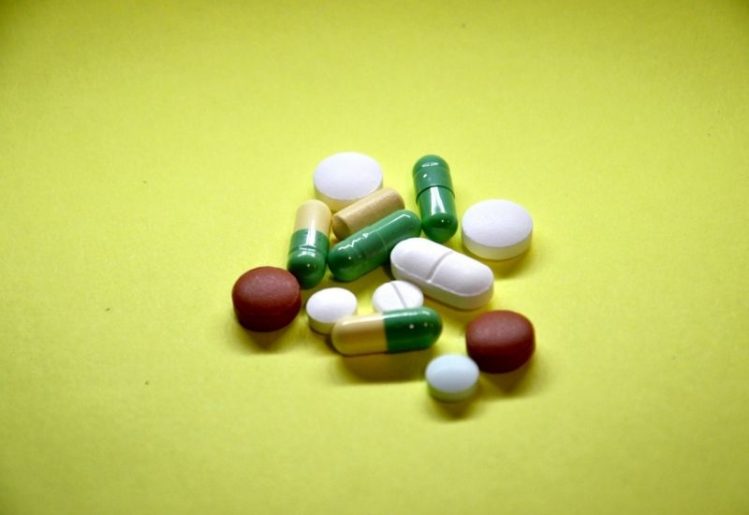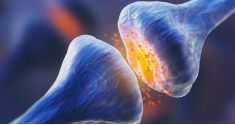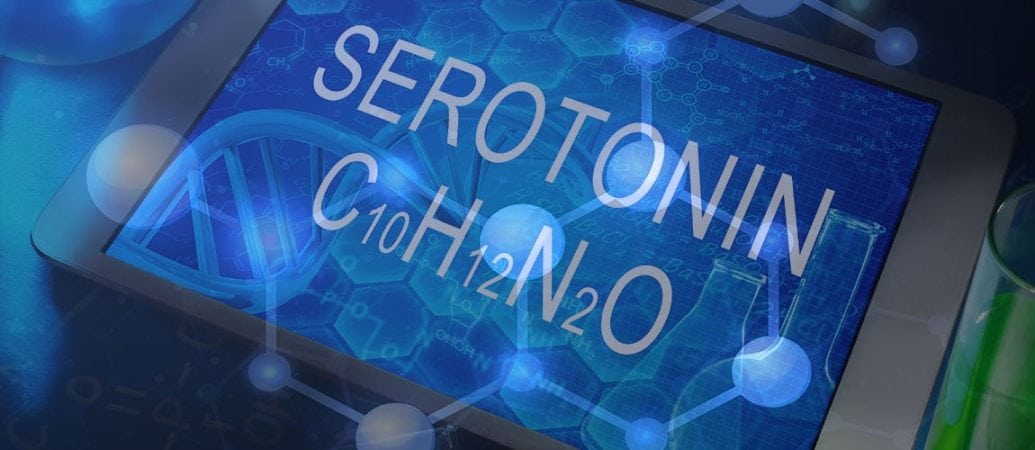Impact of COVID-19 Pandemic on Mental Health
Fear of infection, financial problems, worries about the uncertainty of the future and isolation from family and friends -- most people have experienced at least one of these in the past year. We are still in the midst of the pandemic, but the (long-term) health consequences are taking their toll, especially on mental health.
A U.S. study examining the impact of COVID-19 pandemic on mental health and well-being of 6,938 people aged 55 and over found that at least one in three suffers from depression, anxiety and loneliness, with prevalence increasing with age.
The Pandemic Takes a Toll on Children and Teens
 One particularly concerning fact: The pandemic has presented incomparable stress for children and teens, which can be perceived as traumatic. A Chinese study that interviewed 8,140 children and adolescents between the ages of 12 and 18 found that 37.4 percent had symptoms of an anxiety disorder and 43.7 percent had symptoms of depression. The latter manifested mainly in low interest or pleasure in doing things (53.9 percent) as well as exhaustion or fatigue (48.4 percent).
One particularly concerning fact: The pandemic has presented incomparable stress for children and teens, which can be perceived as traumatic. A Chinese study that interviewed 8,140 children and adolescents between the ages of 12 and 18 found that 37.4 percent had symptoms of an anxiety disorder and 43.7 percent had symptoms of depression. The latter manifested mainly in low interest or pleasure in doing things (53.9 percent) as well as exhaustion or fatigue (48.4 percent).
A Difficult Time for the Mentally Ill, Pregnant Women and Young Mothers
Depending on the clinical picture, the pandemic has also exacerbated preexisting symptoms of mental illness, due to its prolonged duration and lack of predictability. The pandemic has also emerged as an extreme challenge for pregnant women and young mothers in terms of mental health. One study showed a significant increase in depression and anxiety disorders in this group since its start.
Post-COVID-19 Syndrome
The long-term consequences of COVID-19 have not been fully researched yet. However, doctors have warned about a “hidden” pandemic: a pandemic related to mental disorders that affects each age group and also those who have had mild symptoms.
In one study relating to the impact of COVID-19 pandemic on mental health, one-fifth of people with COVID-19 reported persistent neurological symptoms such as headaches or nausea, even after recovery. Half of them said they had mental health issues, such as depression and anxiety disorders, as well as insomnia.
Serotonin is a Key Factor in Depression
The exact pathophysiological processes leading to depression have not yet been fully established. However, recent studies show that an imbalance between different hormones and neurotransmitters, especially serotonin, is often to blame.
Serotonin is a versatile messenger that gives us energy in the morning and enhances our mood, among other things. In addition, it is closely related to the sleep hormone melatonin. This means serotonin deficiency can be an indirect cause of sleep disorders.
 One way to restore serotonin balance is to reduce or block the reuptake of serotonin, which is how so-called selective serotonin reuptake inhibitors (SSRI) work. They are used to treat depression but can have serious side effects.
One way to restore serotonin balance is to reduce or block the reuptake of serotonin, which is how so-called selective serotonin reuptake inhibitors (SSRI) work. They are used to treat depression but can have serious side effects.
Treatment Without Side Effects
Conversely, the serotonin precursors tryptophan and 5-hydroxytryptophan (5-HTP) are dietary supplements that restore hormone balance with the help of physiological substances and which have no side effects at all.
Serotonin itself cannot be supplied from outside. However supplying the body with the building blocks it needs for healthy serotonin production can promote optimum serotonin levels. A chronobiologically optimized dosage scheme provides very good results without undesirable side effects. To achieve this, low-dose and fast-releasing 5-HTP is combined with delayed-release tryptophan in medium to high doses.




